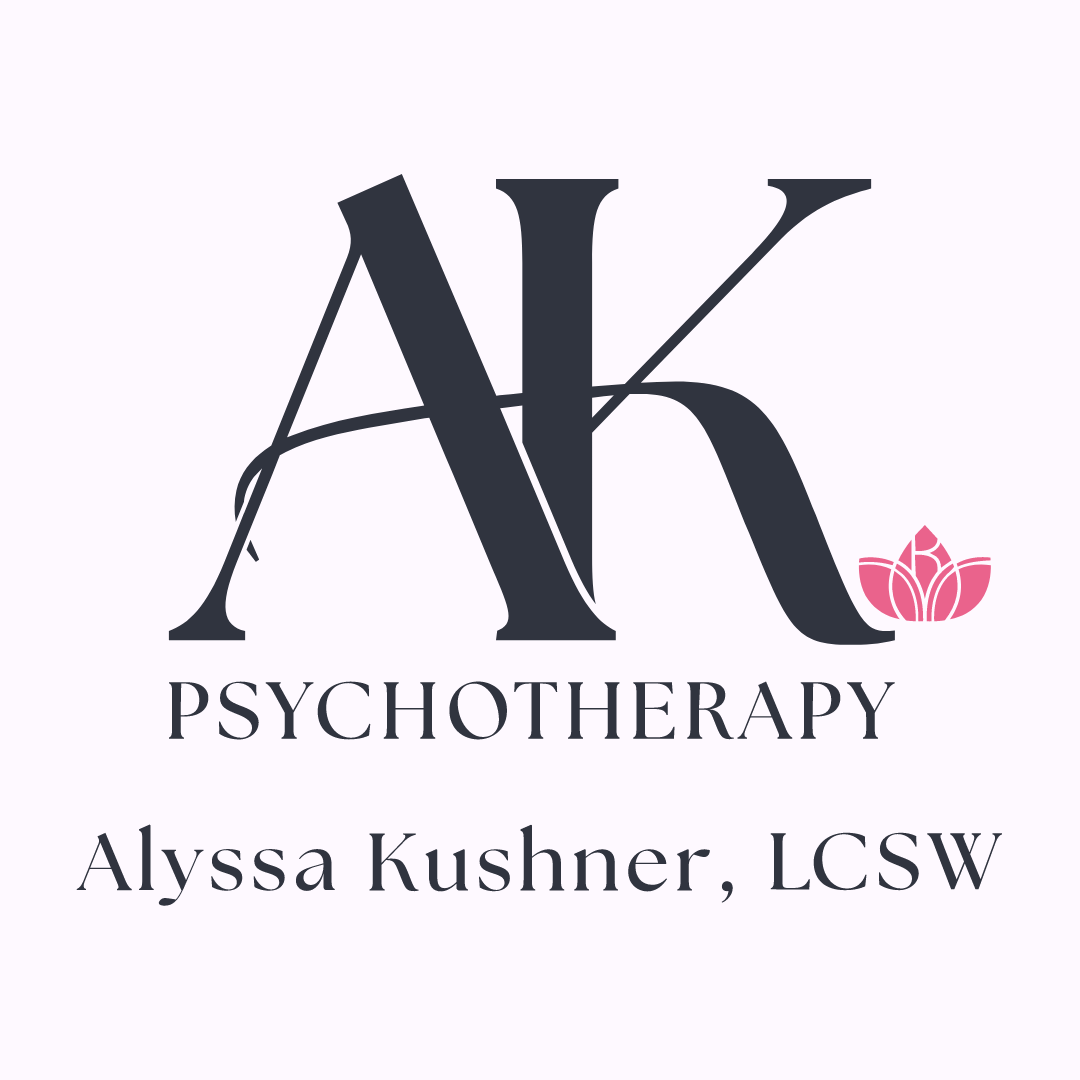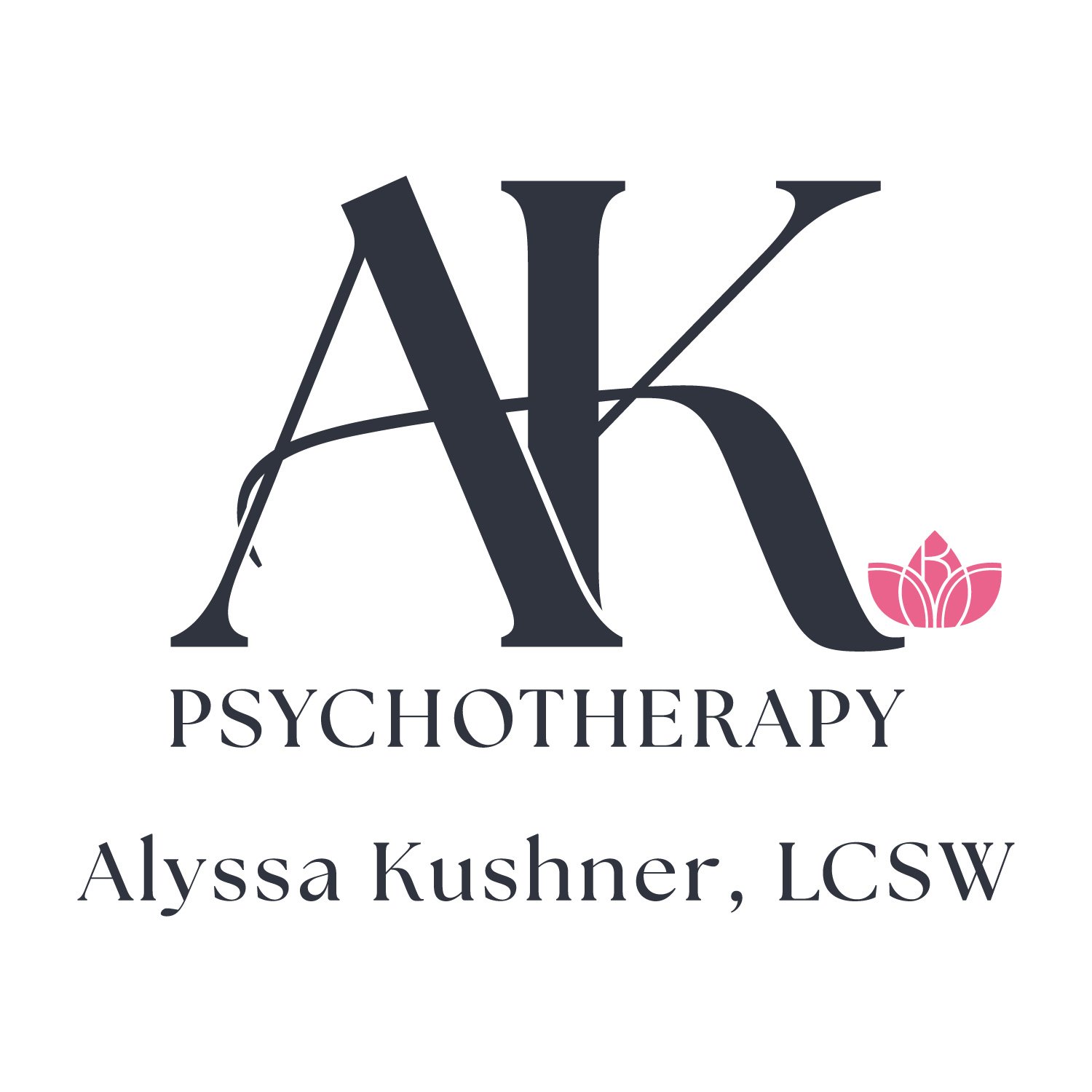Relational Trauma - Causes & Effects
Relational trauma means that you have experienced trauma within the context of interpersonal relationships - mostly with close loved ones, friends, or intimate partners. But it can mean any human being. I will give some examples and some signs that you may have experienced relational trauma before.
Examples of types of relational trauma:
Experiencing gaslighting (when someone manipulates your reality and flips the blame on you, making you question yourself, your memory, or your sanity)
Narcissistic abuse
Emotionally abusive relationship and/or extremely toxic relationship
Witnessing your parents divorce
Break ups that really impact you
Sexual or physical abuse
Death or loss of a loved one
Abandonment by a parent
Witnessing domestic violence in the house or am extremely high conflict house
Infidelity or betrayal by a partner
Neglect in your childhood or teen years
Growing up in an emotionally invalidating environment
Emotional absence from parents
Being chronically guilt tripped or shamed
Being bullied
Racism, homophobia, discrimination of any kind
Parentification (role reversals with parents and child)
Enmeshed boundaries or codependency
A parent struggling with substance use or major mental health challenges
Parents who were unpredictable, hypercritical, reactive, or emotionally abusive
Experiencing this type of trauma in relationships can be really impactful to your sense of self and the way you view the world. Here are some effects that relational trauma can have on you:
Difficulty with self esteem, sense of unworthiness, loud inner critic, negative self talk
Questioning your sense of reality, worthiness, competency, and if you are enough
Anxiety, depression, complex ptsd
Trouble with regulating your emotions
Avoidance of people, isolation
People pleasing and trouble with boundaries
Perfectionism
Codependent relationships
Trouble trusting others
Hypervigilance in relationships - monitoring peoples moods, waiting for the worst case to happen
Difficulty with assertiveness communication and getting needs met
Fear of abandonment
Substance use issues
The way to heal relational trauma is to go to therapy. To be able to heal in the context of a safe trusting relationship, to get to know yourself and improve your self worth and self-efficacy, and to start building healthier relationships. This takes time, practice, and it's important to unpack what's happened and understand how it shows up in your current patterns. Healing relational trauma is possible!
If you would like to take that step to start therapy to work on this, I would be happy to set up a free 15 minute phone consultation to see if it’s a good fit!
Email alyssakushnerlcsw@gmail.com or schedule a free 15 min phone call. Follow my instagram page for more learning, tools, and inspiration.


